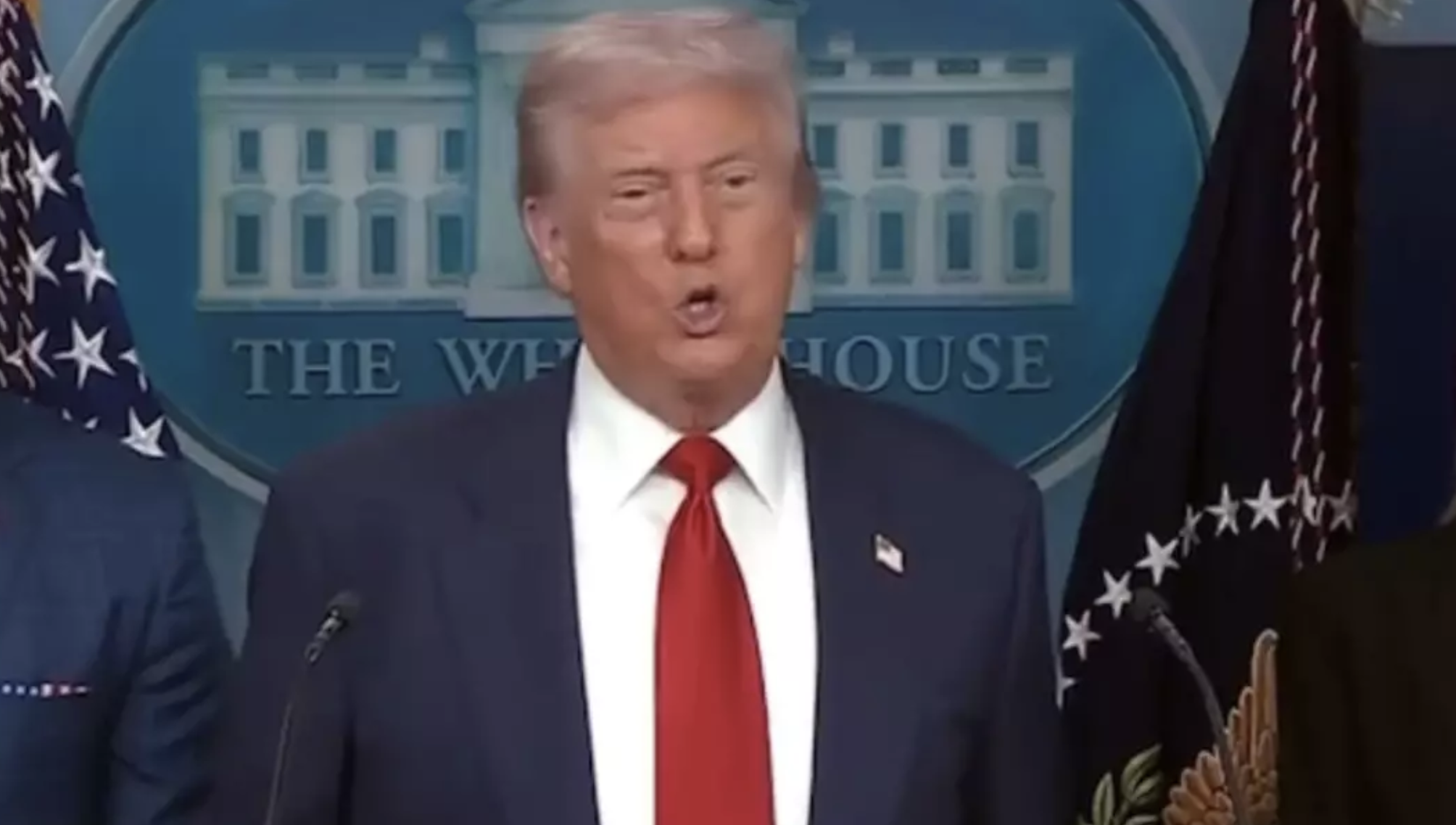In a controversial and potentially historic move, President Donald Trump has signed an executive order criminalising the burning of the American flag, directly challenging a landmark Supreme Court decision from 1989 that enshrined the act as a form of protected speech under the First Amendment.
The executive action, signed during a press event in the Oval Office on Monday, represents one of the most provocative legal manoeuvres of Trump’s second term, reigniting long-standing debates over patriotism, free expression, and constitutional boundaries. The order instructs federal prosecutors to pursue criminal charges against individuals who burn American flags during protests, and explicitly calls upon Attorney General Pam Bondi to review prior cases for potential violations of other statutes—such as environmental or public disorder offences—that could be used to retroactively prosecute past offenders.
The announcement arrives amid a string of sweeping executive decisions from the 47th President, who returned to office in January after defeating incumbent Joe Biden in a deeply polarising 2024 election. Since reclaiming the presidency, Trump has introduced a new travel ban, enacted hard-line immigration measures, and prioritised efforts to broker a peace agreement between Russia and Ukraine. His decision to criminalise flag burning marks a sharp pivot back to a domestic culture war issue that has been central to his rhetoric for nearly a decade.
Flag burning has been legal in the United States since the 1989 Supreme Court case Texas v. Johnson, in which the Court ruled 5–4 that desecrating the American flag is protected symbolic speech under the First Amendment. The case stemmed from the arrest of Gregory Lee Johnson, a political activist who burned an American flag outside the Republican National Convention in Dallas as a protest against Ronald Reagan’s policies.
